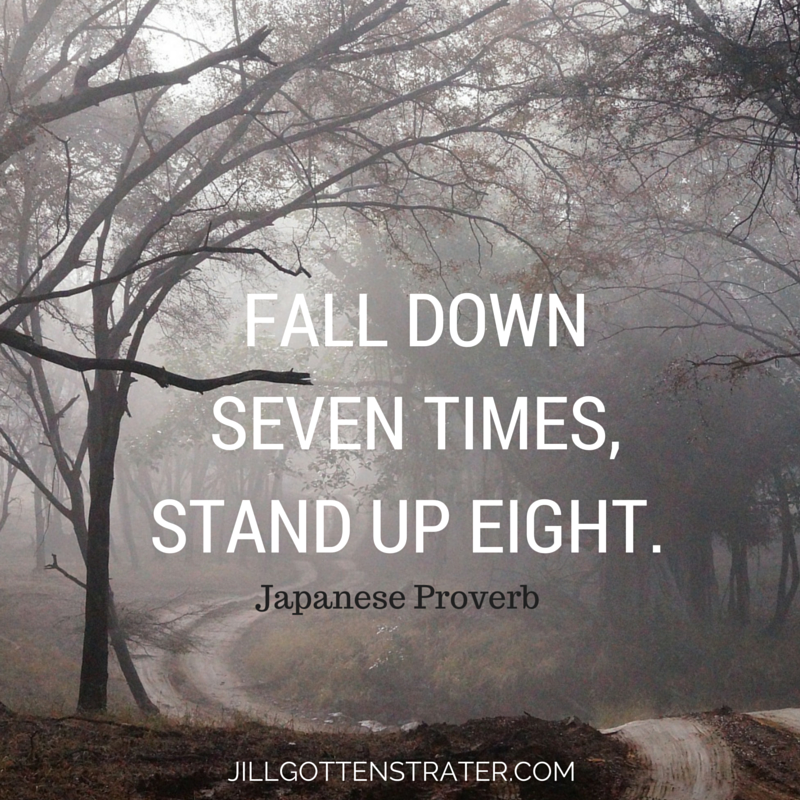The Importance and Benefits of Being Curious
Are you a naturally curious person? Are you fascinated with how things work, how they’re created, and why they occur?
If so, did you know that your inquiring mind is helping you to not only learn and retain more about that which interests you, but also to better learn and retain the additional things you learn after your brain is in a state of curiosity?
For example, say you were interested in learning how to make a stained glass window. As you begin to research and learn how the process works, your curiosity will pay off by you now being able to take what you’ve just learned and create a stained glass window. The added benefit is that while your mind is still functioning in that state of curiosity, if you were to study up on something that wasn’t interesting to you—maybe your 5th grader’s math homework–you’d be more likely to learn and retain that information as well.
Do you see the significance of stimulating curiosity and how this can benefit all of us in our everyday lives?
Imagine how teachers, parents, business people, artists, students, etc. could use this scientific discovery to their advantage.
Curious about the science of this phenomenon?
It’s all about the dopamine.
Charan Ranganath, neuroscientist at University California, Davis, explains: “This work suggests that once you light that fire of curiosity, you put the brain in a state that’s more conducive to learning. Once you get this ramp-up of dopamine, the brain becomes more like a sponge that’s ready to soak up whatever is happening.”
Now you’ve got the scientific backing for the importance of curiosity, so I’d like to add a few points that I think are important too:
Curiosity helps us to look past ourselves. By nature, we are self-centered. Being curious about other things and other people is good for us and will make us better people.
Curiosity deepens relationships. Do you know your spouse’s, your child’s, or your best friend’s favorite food, book, movie, color, word? If not, ask them. Ask them what their dreamy-ist dream is. Ask them about the most painful time in their life. Ask them about the happiest day in their life. The more you know, the closer you’ll grow.
Curiosity keeps you actively engaged with life. There are so many fun, wonderful, amazing, and even sad things in this world that are just waiting for you to discover them. Your curiosity, if you allow it to, will introduce you to events, opportunities, and experiences that you’ll never forget.
Two things I’d love for you to accomplish today:
- Try out the following experiment: Stimulate your curiosity with something you’re interested in and while your brain is all dopamined up, switch to something not so interesting and see how you learn and retain.While you’re at it, make sure to allow this experiment to truly benefit you by picking a real-world boring or uninteresting thing to learn about. We all have things we need to learn around the house or at the office that just don’t get us excited.
- “Interview” someone you love today. Ask all the good questions and have fun!
As always, I appreciate you spending time with me here today.
Please share my blog with your friends, family, and co-workers.
Have a great day!
Jill xx



